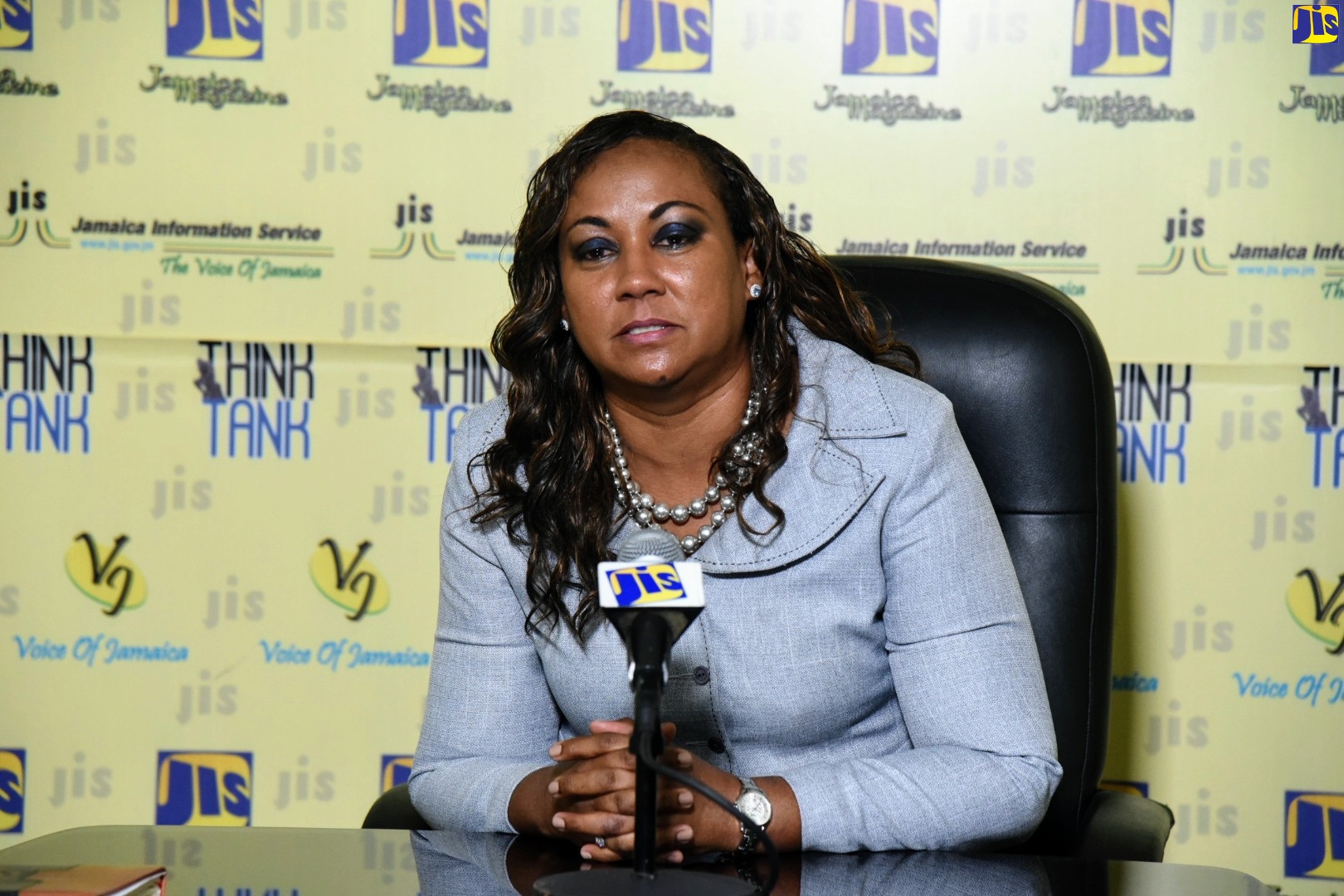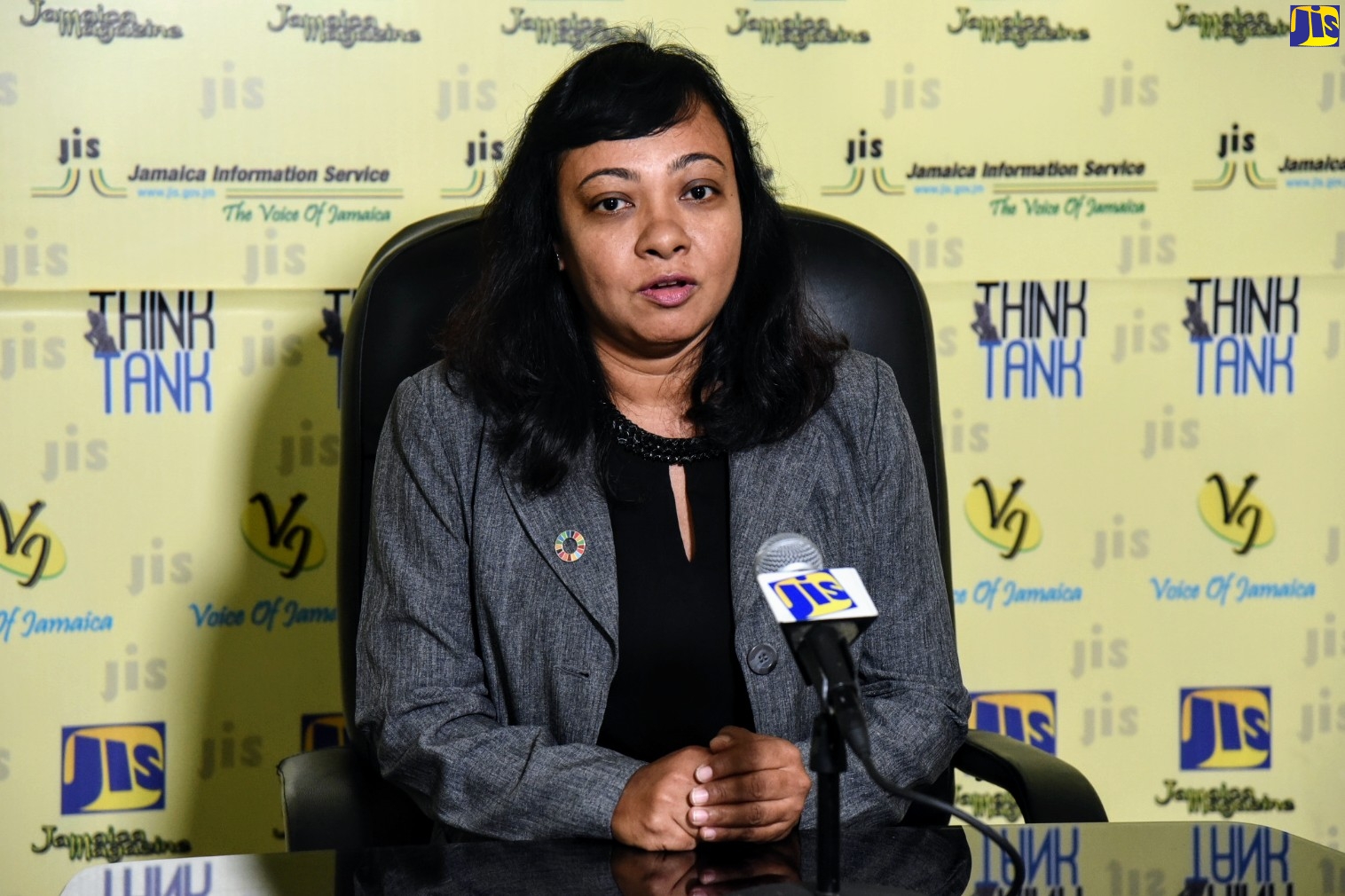Mico Introduces Students To Microscience Education
By: , January 20, 2020The Key Point:
The Facts
- Microscience education is a practical approach to experiencing science that was made popular under the UNESCO Global Microscience Project.
- The Mico University College was one of seven teachers’ colleges that participated in a three-day hands-on workshop in September 2019.
The Full Story
The Mico University College is moving ahead with plans to expose its student teachers to the microscience approach for teaching science.
Microscience education is a practical approach to experiencing science that was made popular under the UNESCO Global Microscience Project.
The Mico University College was one of seven teachers’ colleges that participated in a three-day hands-on workshop in September 2019.
Addressing a recent JIS Think Tank, Lecturer in the Department of Natural Sciences at the institution, Dr. Lisa Caleb, said it was the first time she was being exposed to the microscience kit.
“What was exciting to me is that the kits were available in all the basic sciences – Chemistry, Biology and Physics. What a microscience kit does in essence is to take the laboratories and make it portable, you can bring it to the average classroom where experiment can be conducted and clean-up is greatly reduced,” Dr. Caleb stated.
“It doesn’t require running water, you can simply use a basin and clean up the apparatus and the students can all benefit, as it also lends itself to replication. When there is a mistake students can simply repeat the experiment and is not constraint by not having enough equipment,” she added.
She informed that following the workshop, student teachers in-training at the institution have been exposed to using the microscience kit in the three principal science disciplines, Biology, Chemistry and Physics. “At Mico we have infused it into our formal courses within our curriculum, so our teachers in training are now required to design activities using microscience kits, with special emphasis on sustainability and environmental activities,” Dr. Caleb stated.
“It will also be incorporated into the Mico Science, Technology, Engineer and Mathematics (STEM) centre and we are excited in integrating this in the curriculum because we see it as a wonderful platform to expose more Jamaican children to the possibility of advancing themselves in the sciences,” she explained.
The three day workshop was conducted by International Microscience Consultant, Petal Jetoo, under the Japan-funded, Inter-American Development Bank (IDB) technical cooperation, in partnership with the Ministry of Education, Youth and Information.
She commended Jamaica for being the first country in the Caribbean to introduce Microscience at the tertiary level.
Lecturers from the Bethlehem, Sam Sharpe, St. Joseph and Shortwood Teachers’ Colleges; the Moneague College and the College of Agriculture, Science and Education (CASE) also participated in the workshop.





